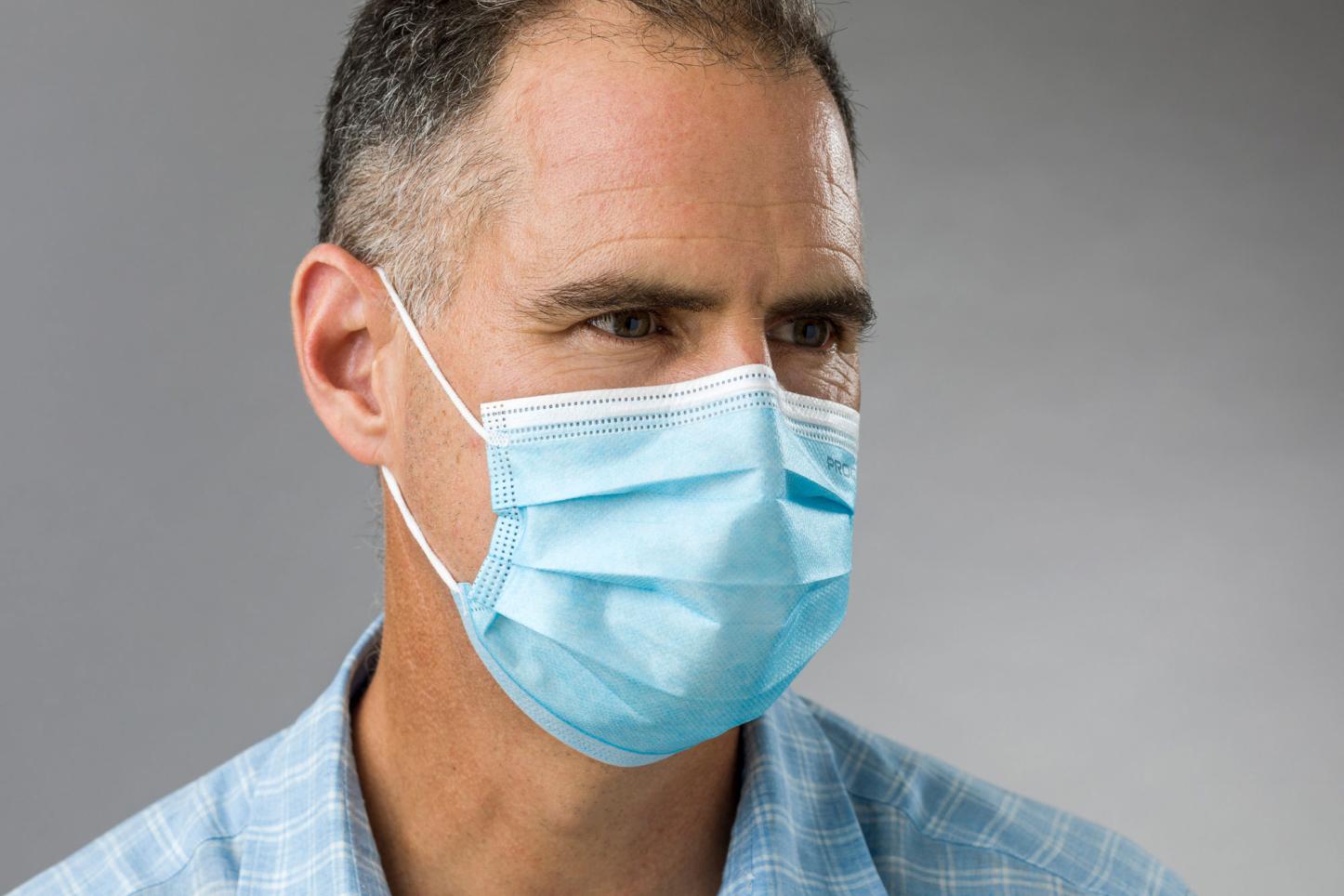Unveiling the Truth: A Deep Dive into the Effectiveness of Different Face Masks
In the face of respiratory infections and global pandemics like COVID-19, face masks have emerged as essential tools in mitigating the spread of disease. Understanding the effectiveness of various face masks is crucial for informing public health policies and individual choices. This article delves into the different types of face masks, factors influencing their effectiveness, and guidelines for mask-wearing.

Setting The Stage
Face masks play a significant role in reducing the transmission of respiratory droplets, which are the primary mode of transmission for many respiratory infections. During a pandemic, widespread mask-wearing can help slow the spread of the virus, protect vulnerable populations, and reduce the burden on healthcare systems.
However, not all face masks are created equal. Different types of masks vary in their effectiveness in preventing the transmission of respiratory droplets. Understanding these variations is essential for making informed decisions about mask-wearing and ensuring optimal protection.
Types Of Face Masks
Cloth Masks
- Definition: Cloth masks are typically made from breathable fabrics like cotton or polyester blends.
- Advantages:
- Comfort and breathability.
- Reusability.
- Widely available and affordable.
- Limitations:
- Potential gaps and lower filtration efficiency compared to other mask types.
- May not provide adequate protection in high-risk settings.
Surgical Masks
- Definition: Surgical masks are disposable masks made from non-woven polypropylene layers.
- Advantages:
- Block a higher percentage of respiratory droplets compared to cloth masks.
- Widely available and affordable.
- Limitations:
- Disposable nature.
- Potential discomfort for extended wear.
N95 Respirators
- Definition: N95 respirators are tight-fitting masks that filter at least 95% of airborne particles.
- Advantages:
- Superior filtration efficiency.
- Close facial seal.
- Limitations:
- Higher cost.
- Potential supply shortages.
- Potential discomfort during prolonged use.
Factors Influencing Mask Effectiveness
Fit And Seal
- Proper fit and seal are crucial for optimal mask performance.
- Common fit issues include gaps around the nose and cheeks, which can compromise mask effectiveness.
- Tips for achieving a good fit and seal:
- Choose the right mask size.
- Adjust the straps or ties securely.
- Perform a fit test to ensure a proper seal.
Filtration Efficiency
- Filtration efficiency measures a mask's ability to prevent the transmission of respiratory droplets.
- N95 respirators have superior filtration efficiency compared to cloth masks and surgical masks.
- Factors affecting filtration efficiency include mask material, construction, and design.
Breathability And Comfort
- Breathability and comfort are important factors for long-term mask-wearing compliance.
- Different mask types vary in breathability and comfort.
- Tips for increasing mask comfort:
- Choose breathable materials.
- Take breaks when necessary.
- Consider using a mask with adjustable straps or ties.
Mask-Wearing Guidelines And Recommendations
Public Health Guidelines
- Public health guidelines vary regarding mask-wearing in different settings.
- Common recommendations include mask-wearing in indoor spaces, public transportation, and healthcare settings.
- The rationale behind these guidelines considers the level of community transmission and the effectiveness of different mask types.
Individual Considerations
- When choosing a mask, consider individual factors such as underlying health conditions, occupational exposure risks, and personal preferences.
- Individuals with underlying health conditions or high-risk occupations may benefit from using N95 respirators.
- Personal preferences may influence mask choice, such as comfort, breathability, and style.

Understanding the effectiveness of different face masks is essential for making informed decisions about mask-wearing and protecting oneself and others from respiratory infections. Factors such as fit, seal, filtration efficiency, breathability, and comfort play a role in mask effectiveness. Public health guidelines and individual considerations should be taken into account when choosing a mask. Ongoing research and innovation are needed to develop more effective and comfortable mask designs. By making informed choices about mask-wearing, we can contribute to reducing the spread of respiratory infections and protecting public health.
YesNo

Leave a Reply